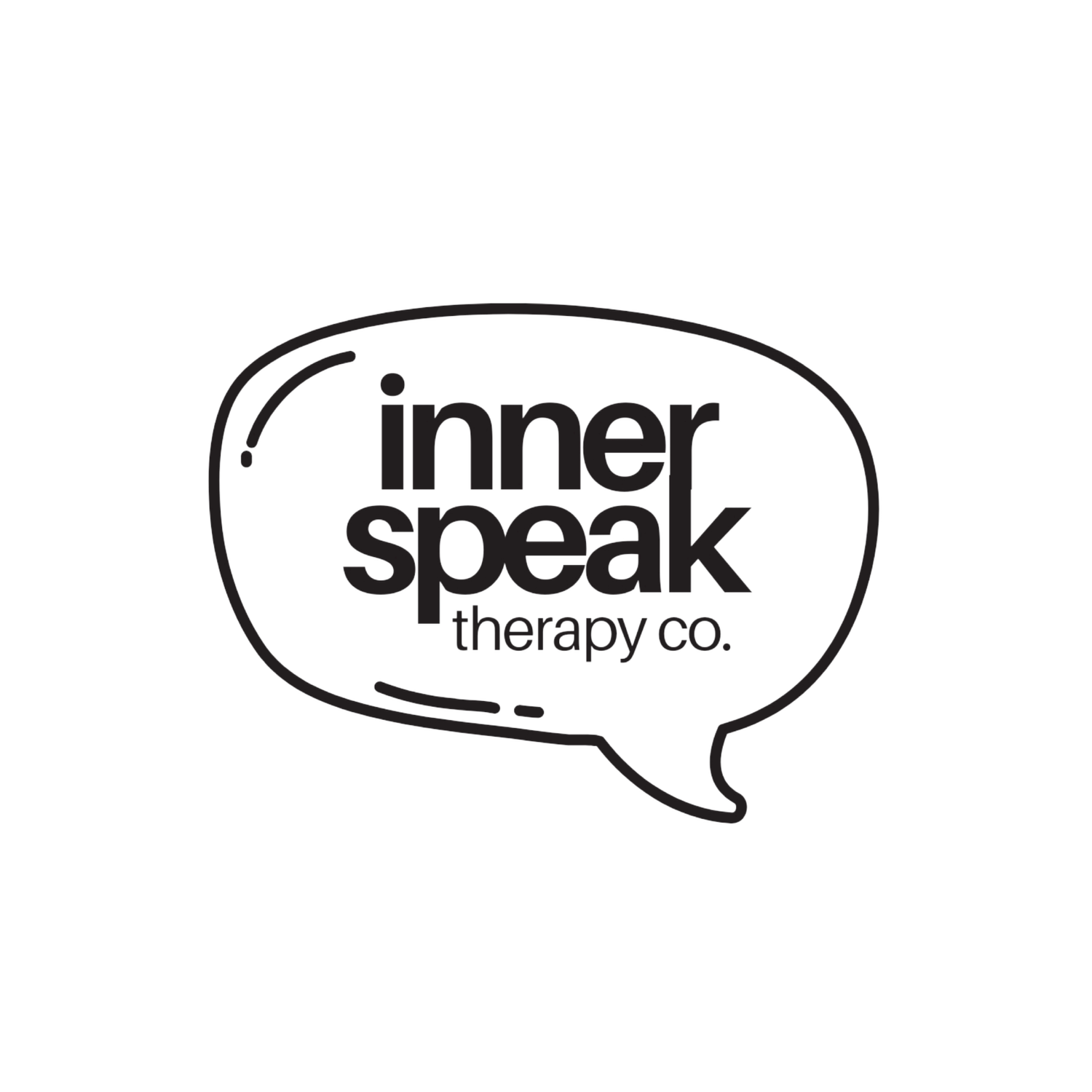So... You're Thinking About Therapy? Here's How to Actually Start.
Starting therapy can feel weird. Vulnerable. Confusing. Like, how do you even find someone? What do you say when you reach out? Are you supposed to know your entire trauma history before the first session?
(Spoiler: absolutely not.)
Whether you're therapy-curious or actively searching, here’s a gentle, no-pressure guide to getting started—because therapy isn’t just for when you’re falling apart. It can be an amazing form of maintenance, growth, and healing.
1. You don’t need to be in crisis to go to therapy.
Let’s normalize going to therapy just because you want support. Maybe you’re navigating a big life change, want to learn how to set boundaries, or are just tired of feeling stuck. All totally valid reasons to talk to someone.
Also valid: feeling wary of the therapy world because it hasn’t always been safe or accessible—especially for BIPOC, LGBTQIA+, neurodivergent, disabled, and immigrant communities. The field of psychology has a long history of pathologizing difference and upholding white, cis-heteronormative norms.
2. How to find a therapist who gets you.
Use directories mindfully: While sites like Psychology Today are widely used, it's important to name that Psychology Today has a racist and exclusionary history, particularly in how it has centered white clinicians and upheld medicalized, Eurocentric approaches to care. It can still be useful, but it’s not the whole picture.
Try inclusive platforms: Inclusive Therapists centers BIPOC, LGBTQIA+, and neurodivergent clinicians and prioritizes culturally responsive, decolonized healing practices.
Check the vibe: Read bios, visit websites, and don’t be afraid to ask questions in consults, especially about their approach to systemic oppression, lived experience, or decolonizing their practice.
3. Yes, it's okay to shop around.
Therapy is a relationship. If it doesn’t feel right, it’s not a failure—it just means the fit might be off. Most therapists get this and want you to find someone who feels right for you.
4. What to expect in your first session.
You don’t need to prep anything. Therapists usually guide the first session, ask questions about what brought you in, and help clarify your goals. It’s okay to feel nervous or unsure—and you don’t owe anyone your full story right away.
5. Red flags to look out for.
They talk over you.
They seem judgmental, dismissive, or overly clinical.
They minimize systemic harm or expect you to "leave identity at the door."
They center themselves more than you.
Therapy is for you.
You deserve support. Therapy is a space that’s just for you - where you don’t have to take care of anyone else, explain your identity, or minimize your pain. It should honor your lived experience and hold space for your cultural, ancestral, and body-based ways of knowing.
Ready to find a therapist who gets you, and honors your identity, history, and healing on your own terms? I'm currently accepting new clients. Book a free consultation and let’s explore what support could look like for you.
Sources:
American Psychological Association. (2023). "How to Choose a Psychologist." https://www.apa.org/topics/psychotherapy/choose
Inclusive Therapists. (n.d.). "Find a therapist who gets you." https://www.inclusivetherapists.com/
Marth, E. (2022). "Why We Need to Decolonize Psychology Today and Mental Health Platforms." Decolonizing Therapy Blog.
Jamie Marich, PhD. (2021). Trauma and the 12 Steps: An Inclusive Guide to Recovery. North Atlantic Books.
